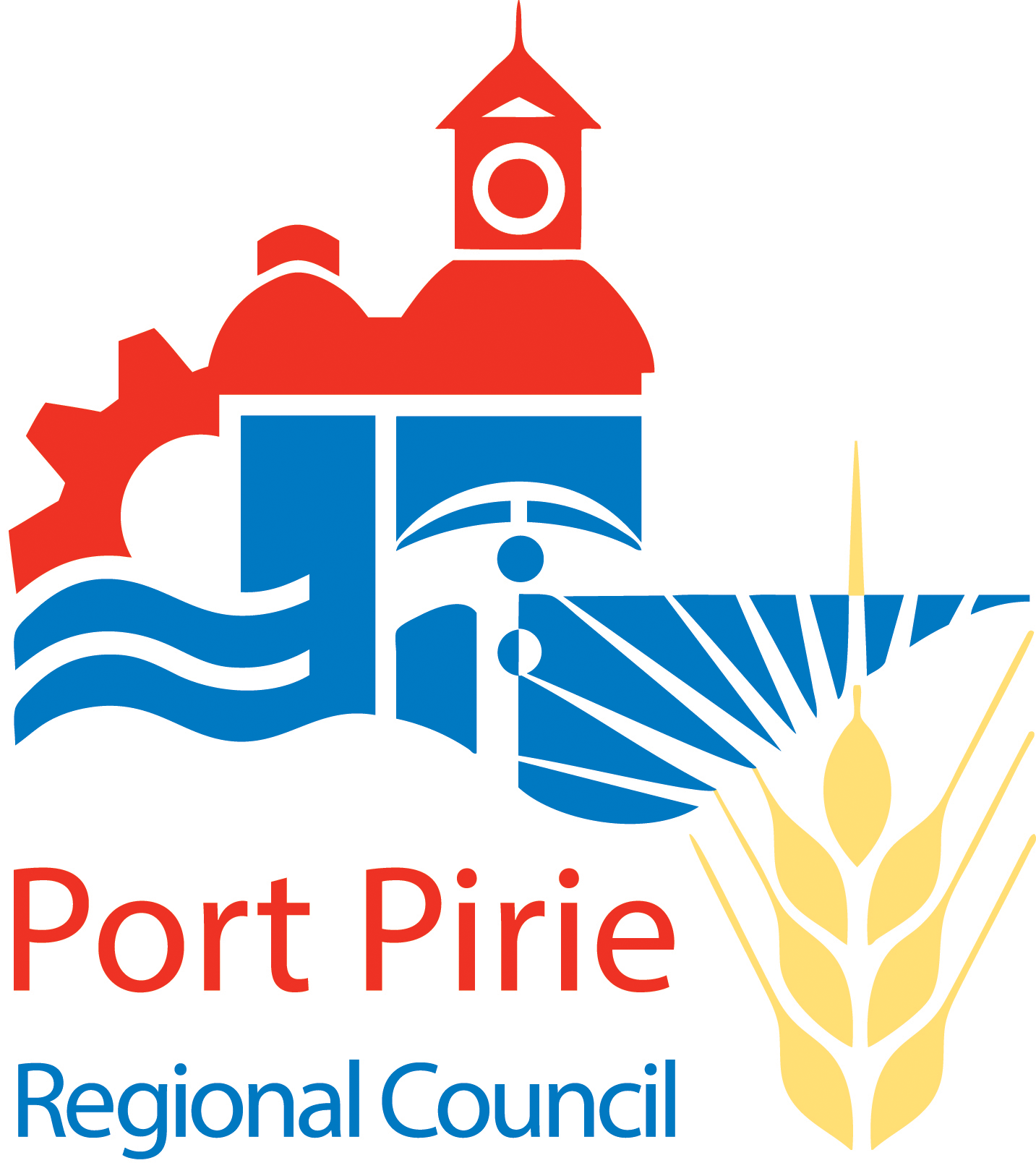Food Safety
Food Complaints
The Council receives various complaints about food and food businesses such as unclean premises, poor food handling practices, alleged food poisoning, microbial contamination of food, foreign matter in food and poor rubbish storage practices.
The Council investigates complaints under the Food Act 2001 and associated Food Safety Standards. Issues relating to customer service at food premises are not investigated by the Council.
Should you have a food complaint to report to the Council, it is important to follow the steps outlined below:
- Do not remove any foreign objects from food if possible.
- Keep the product in the fridge or freezer until it is brought into the Council or collected by an Environmental Health Officer.
- Keep any packaging and proof of purchase of the product.
- Record any details of the complaint, the date and location of purchase, where the product is stored and when the problem was first noted.
- Contact the Council as soon as possible after the event to allow the investigation to commence.
Food Inspections
The Council regularly inspects all notified food businesses for compliance with the Food Act 2001 and associated Regulations and Standards.
Environmental Health Officers also conduct pre-opening and complaint inspections as well as providing structure and fit out advice.
To assist proprietors understand the food safety requirements refer to the Food Safety Information provided by SA Health.
Food Inspection Fees
The Council does not impose an inspection fee for routine inspections of a food business. However in the event that a matter of non-compliances is recorded against the Australian Food Safety Standards during the routine inspection a fee of $88.00 will apply to each necessary follow up inspections.
Role of the Environmental Health Officer (EHO)
Consumers have the right to expect the food they eat is protected from microbiological contamination, free from foreign matter and not subjected to poor handling practices. As a regulator of food hygiene and safety, Council is committed to ensuring that proper food safety standards are applied within its jurisdiction.
Environmental Health Officers monitor, protect and promote food safety under the Food Act 2001 in conjunction with the Food Safety Standards (Chapter 3, Australia New Zealand Food Standards Code) that apply Australia-wide. This is achieved through regular assessments of food businesses, monitoring of food recalls and investigation of food related complaints and alleged food poisoning. In the first instance, your EHO is there to give advice and educate food business owners and food handlers on appropriate practice.
Other agencies responsible for food safety in South Australia include:
- SA Health is primarily responsible for sampling, monitoring outbreaks, labelling and monitoring food recalls. Information on labelling is available at SA Health’s website.
- PIRSA administer the Meat Hygiene Act 1994 which affects all meat processing businesses such as butchers. Enquiries and complaints about these businesses should be forwarded to PIRSA on 8207 7964.
- Dairy Authority of South Australia licences dairy food processors and dairy farmers. Enquiries and complaints relating to these businesses should be forwarded to DASA on 8223 2277
Home Based Food Businesses
If you are planning on setting up a food business operating from your home, the Environmental Health Officer is here to help you.
It is important that home based food businesses comply with the Food Safety Laws and Standards, just as any restaurant or cafe does. Before you start operating, please download and complete the Food Business Notification form and read the Guidelines for Starting a Home Based Food Business and the Food Safety Standards.
As you will see there are several varying requirements in terms of infrastructure, depending on the type and amount of food you are producing. When you have submitted the forms, an EHO will contact you to arrange an appointment to view your premises and give advice on specific set-up requirements.
